News
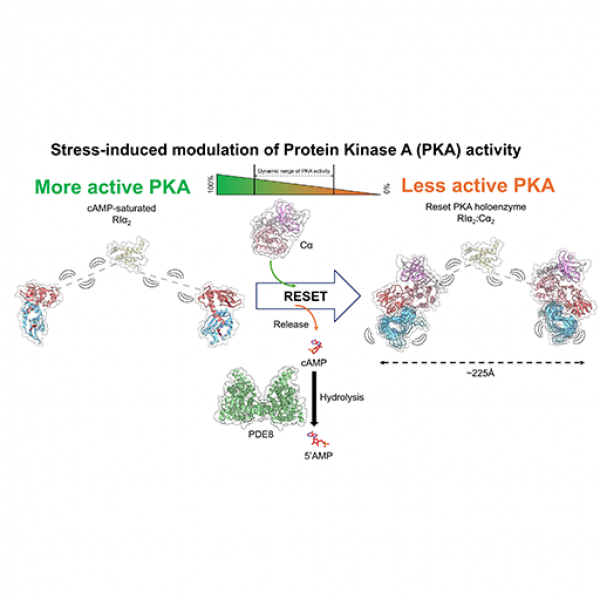
May 29, 2025
Resetting the fight-or-flight response
New study reveals mechanism responsible for resetting key molecular cycle involved in response to stress and starvation.
Full Article

Jul 30, 2024
Craig Praul named director of Huck Core Facilities
Joining Praul on the new leadership team are Rajeswaran Mani, director of the Flow Cytometry Facility, and financial specialist Kelly Foster.
Full Article
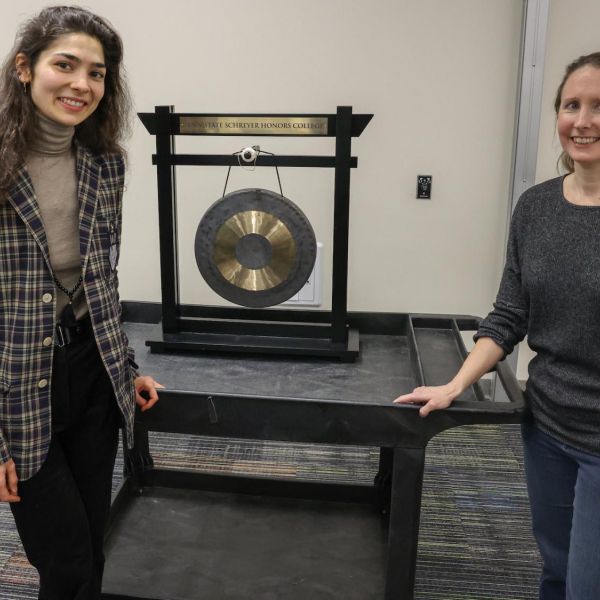
Jan 26, 2024
Undergraduate research may contribute to COVID-19 treatments
Brandywine undergraduates worked with professor to investigate potential new therapies to inhibit an enzyme that helps the coronavirus replicate
Full Article
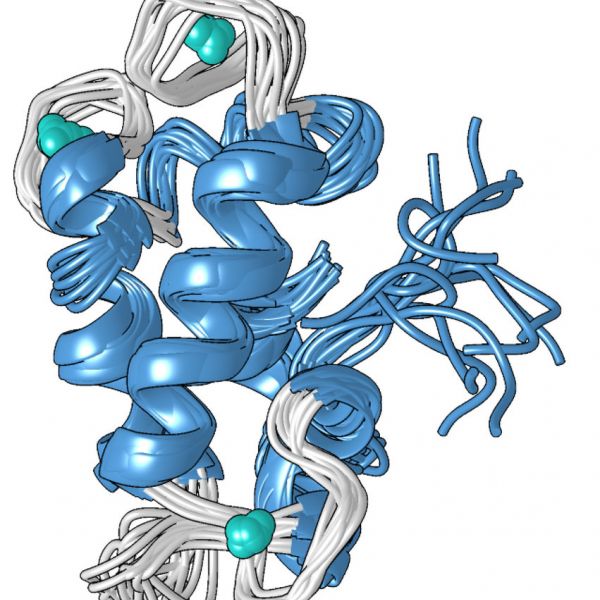
Dec 20, 2018
Bacterial protein could help find materials for your next smartphone
A newly discovered protein could help detect, target and collect from the environment the rare-earth metals used in smartphones. Two new studies by researchers at Penn State describe the protein, which is 100 million times better at binding to lanthanides — the rare-earth metals used in smartphones and other technologies — than to other metals like calcium.
Full Article
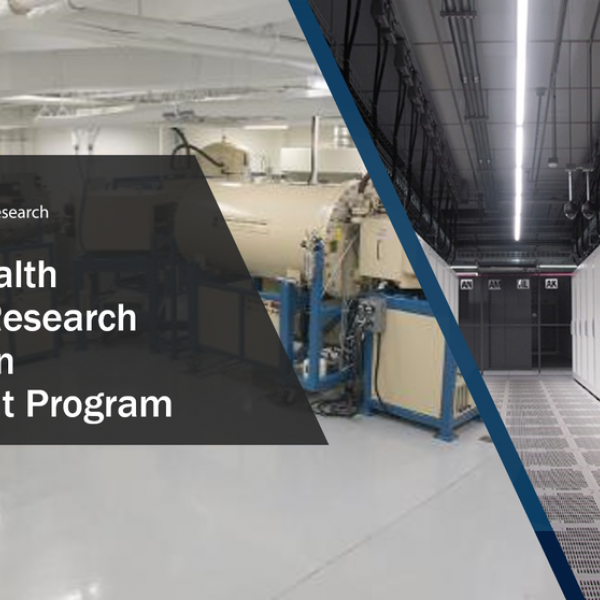
Nov 06, 2018
Partnership announced between Commonwealth Campuses and shared facilities
The Office of the Vice President for Research at Penn State has announced the launch of a new program to support increased usage of shared core facilities and services by faculty at the Commonwealth Campuses.
Full Article
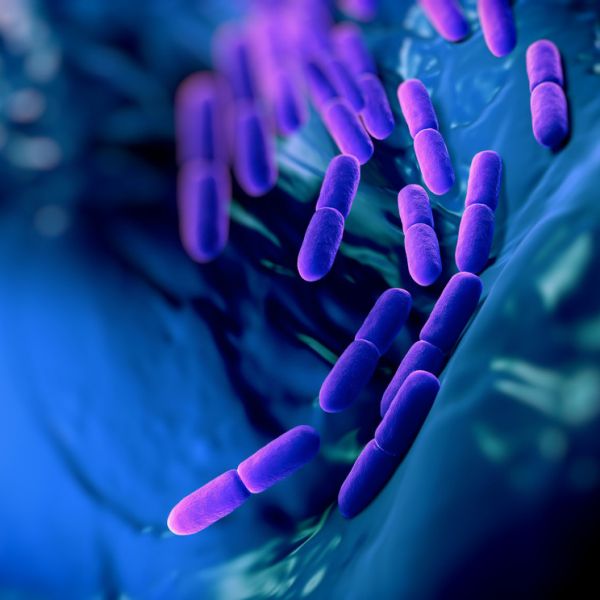
Aug 30, 2018
Gut microbes may partner with a protein to help regulate vitamin D
Microbes in the gut may use a protein in a process that helps the body regulate vitamin D production.
Full Article
Jan 21, 2014
Announcing major equipment acquisitions at the Huck Institutes
The Huck Institutes of the Life Sciences, in conjunction with the Office of the Vice President for Research and the Office of the Provost, are pleased to announce several major equipment acquisitions that will further strengthen the research capabilities of their Core Facilities at University Park.
Full Article
Feb 11, 2013
Proteomics and Mass Spectrometry Core Facility is putting tobacco settlement funds to innovative good use
For researchers at Penn State interested in biological mass spectrometry (MS) analysis, the Facility's newest mass spectrometer " the Thermo LTQ Orbitrap Velos " has become the instrument of choice.
Full Article
Jan 03, 2013
NIH-funded co-PIs are needed for a shared instrumentation grant
The Proteomics and Mass Spectrometry Facility is trying to acquire a MALDI-TOF/TOF mass spectrometer, and they need your help!
Full Article
May 23, 2011
New mass spectrometry equipment empowers proteomics research at Penn State
A new high resolution mass spectrometer will provide high-end proteomics capabilities to researchers at all Penn State campuses.
Full Article